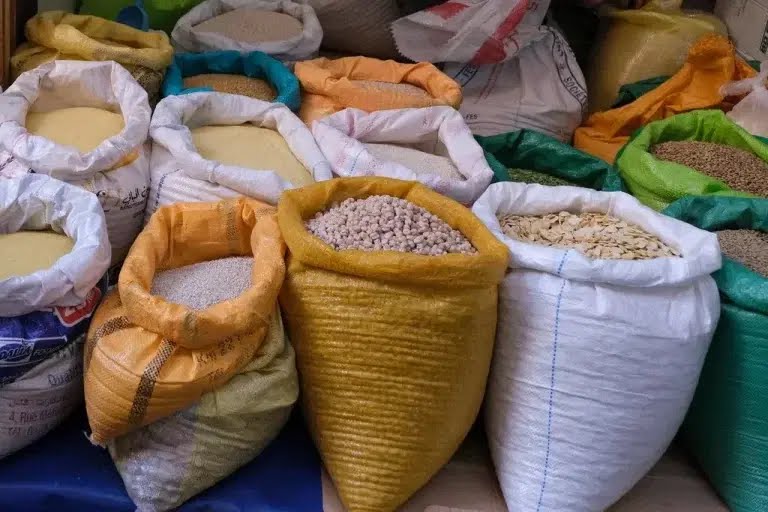Abuja Residents Cry Out As Skyrocketing Food Prices Hit Hard: 'We Can Barely Feed Ourselves
"Abuja Residents Cry Out as Skyrocketing Food Prices Hit Hard: 'We Can Barely Feed Ourselves'"
By Achimi Muktari
In the bustling capital city of Abuja, a growing number of residents are finding it increasingly difficult to put food on the table as the rising cost of living tightens its grip. Soaring food prices and transportation fares are forcing families to make tough decisions, with many fearing they won’t be able to sustain themselves if the situation worsens.
Speaking to the News Agency of Nigeria (NAN), numerous residents expressed their frustrations, calling on the Federal Government to intervene as inflation spirals out of control. The recent hike in the pump price of Premium Motor Spirit (PMS), commonly known as petrol, has only added to their woes, pushing up the cost of everyday necessities.
"Choosing Between Food and Survival"
One such resident, Mrs. Maryam Abusaid, a mother of three, captured the plight of many families as she described the daily struggle to feed her children.
“Last year, I could buy a bag of rice for ₦50,000, but now it’s more than ₦100,000. How can I feed my children?” she lamented, adding that her husband’s salary is no longer enough to cover even the basics.
“Now, I have to choose between meals and essential household items,” Abusaid said with visible frustration.
A City Gripped by Inflation
Mrs. Ekaite Obot, a civil servant and mother of four, has been unable to drive her car for five months due to rising fuel prices.
“For over five months now, my car hasn’t moved from the garage because I can’t afford to fuel or maintain it,” she said. Obot’s family has faced tremendous financial pressure since her husband lost his job, leaving her to shoulder all the expenses, from school fees to feeding the family.
“Times are really tough,” she added, expressing fears that her limited income will no longer be enough to sustain them.
Creative Survival: Adashi to the Rescue
In a bid to survive the harsh economic realities, some residents have turned to informal savings schemes. Mrs. Mary Umeh, a fellow civil servant, shared how a contribution scheme known as "adashi" has become her lifeline.
“We contribute money monthly, and by the end of the year, we use it to buy household items,” Umeh explained, noting that with Christmas around the corner, she hopes the scheme will ease the burden on her family.
Small Business Owners Hit Hard
For traders like Mr. Albert Nwakama, who runs a second-hand clothing (okrika) business, the economic downturn has been devastating.
“I’ve been in this business for nine years, and I’ve never seen anything like this. Customers no longer buy like they used to,” Nwakama said, adding that many of his regulars now struggle just to feed their families, leaving little room for non-essential purchases like clothing.
Ms. Christabel Nicholas, a small business owner, echoed his sentiments, stating that she’s been forced to raise prices to stay afloat. However, this has led to complaints from her regular customers, putting her in a tough spot.
“We need government intervention to overcome this situation because Nigerians are sick, hungry, suffering, and dying,” Nicholas pleaded.
A Nation at a Crossroads
The struggles of Abuja’s residents are just one example of the broader economic challenges facing Nigerians across the country. The National Bureau of Statistics (NBS) recently reported that food inflation has surged to 40.53%, with the headline inflation rate rising to 9.32% higher than the previous year.
As families, business owners, and civil servants alike grapple with these rising costs, the call for government action grows louder. Abuja residents, like many across Nigeria, are hoping for swift intervention before the situation becomes even more dire.
With Christmas approaching and the cost of living still climbing, the question remains—how much longer can they hold on?


















